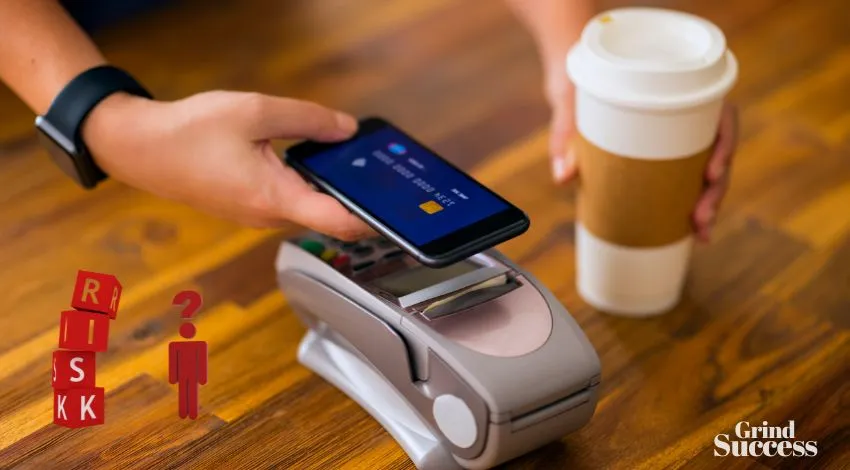Why is High-Risk Payment Processors So Helpful?

Businesses that have been classified as high-risk ordinarily have different economic chances than those that have yet to receive that label.
Payments are also more likely to be delayed, fees are significant, and some escrow and balancing demands can compel a business to lose control of its working capital and make choices that might not be in its best interests.
When your business has been designated high-risk, it may feel impossible to overcome the financial difficulties you face. The great news is that you can handle lags and other issues with your credit card payment processing.
A high risk payment processor can assist you in regaining control of your financial destiny by eliminating many obstacles and other difficulties that could make it impossible for you to qualify for the cheapest deals or to lessen the strain of your regular day-to-day operations.
What characteristics should a high-risk payment processor have?
Why Is It Important to Use High-Risk Payment Processors?
Worldwide Expansion
To remain competitive in an increasingly worldwide market, many merchants, particularly those in the e-commerce sector, are discovering that the benefits of utilizing a high-risk payment processor exceed the drawbacks of increased processing rates.
Normal or low-risk processors place limits on card transactions, which can hinder the development of the digital economy.
For instance, processors limit or forbid low-risk traders from:
High-risk merchant accounts can be alluring just for the potential money from online sales; add the possibility to sell in additional locations and other currencies, and the revenue prospects may exceed the dangers.
Unlimited Earnings

Potential processors restrict low-risk retailers’ ability to accept credit cards as payment. Low-risk investors, for instance, cannot:
Many businesses believe the cost of utilizing a high-risk processor to be worthwhile since they rely on the consistent cash flow that installment billing and recurring payments may offer.
The same is true for traders who desire profitability from huge trades. Conversely, a subscription with regular payments may bring about long-term growth.
Profits from risky products can increase
Credit card networks view many goods and services as too dangerous for low-risk merchants. Card companies consider businesses with one of the MCCs as mentioned earlier (market entrants codes) as high risk, at the very least:
These MCCs are just a tiny sample of those that have been “blacklisted.” Due to these restrictions, selling goods or services in some more lucrative businesses is challenging, if possible. A company can sell nearly anything using a high-risk merchant account.
Chargebacks are not a threat
High-risk merchant accounts rarely get terminated due to excessive chargebacks. The aim is to reduce chargebacks as much as possible, but the merchant need not be concerned if a bad month occurs. Although the dealer may be subject to more significant fines, his business will not be affected.
Settlement
After authorization, a third-party processor can settle transactions. A seller does not simply get the sale’s proceeds at the time of the transaction. The banking institutions’ authorization, exchange, and approval are required for it to move forward.
Before a seller receives money, an entire deal period takes place. A vendor bundles their terminals at the end of each day (sends out an informational data file of all their trades for that day) and submits the batched file to their processor.

This file gets examined by the processor chip, which organizes the payments by card type and allocates rates to each transaction by card type.
Some financial institutions can take on the role of a direct processor by collaborating with a payment system. That allows the bank to focus on its core competencies rather than investing significant funds in the expertise required to operate its system.
Conclusion
Banks had a monopoly on providing merchants with facilities for credit card processing, also known as providing businesses with merchant accounts, for a long time.
Financial firms looked after individual merchant accounts, hosted the systems for handling, managed authorization, and maintained links to the major credit card firms.
As time passed and it became clear that they were the only game in town, the transaction rates they made available to businesses looking to accept credit cards improved. Third-party processors were eventually required when financial institutions realized that providing end-to-end service wasn’t as lucrative as time-consuming.
Banks continue to be significant players in processing credit card transactions, and it is still possible to open a merchant account with your neighborhood bank.
Smart business owners, on the other hand, take the time to consider all their alternatives before selecting whether to keep a payment processor with their bank or with a third-party merchant services company.
